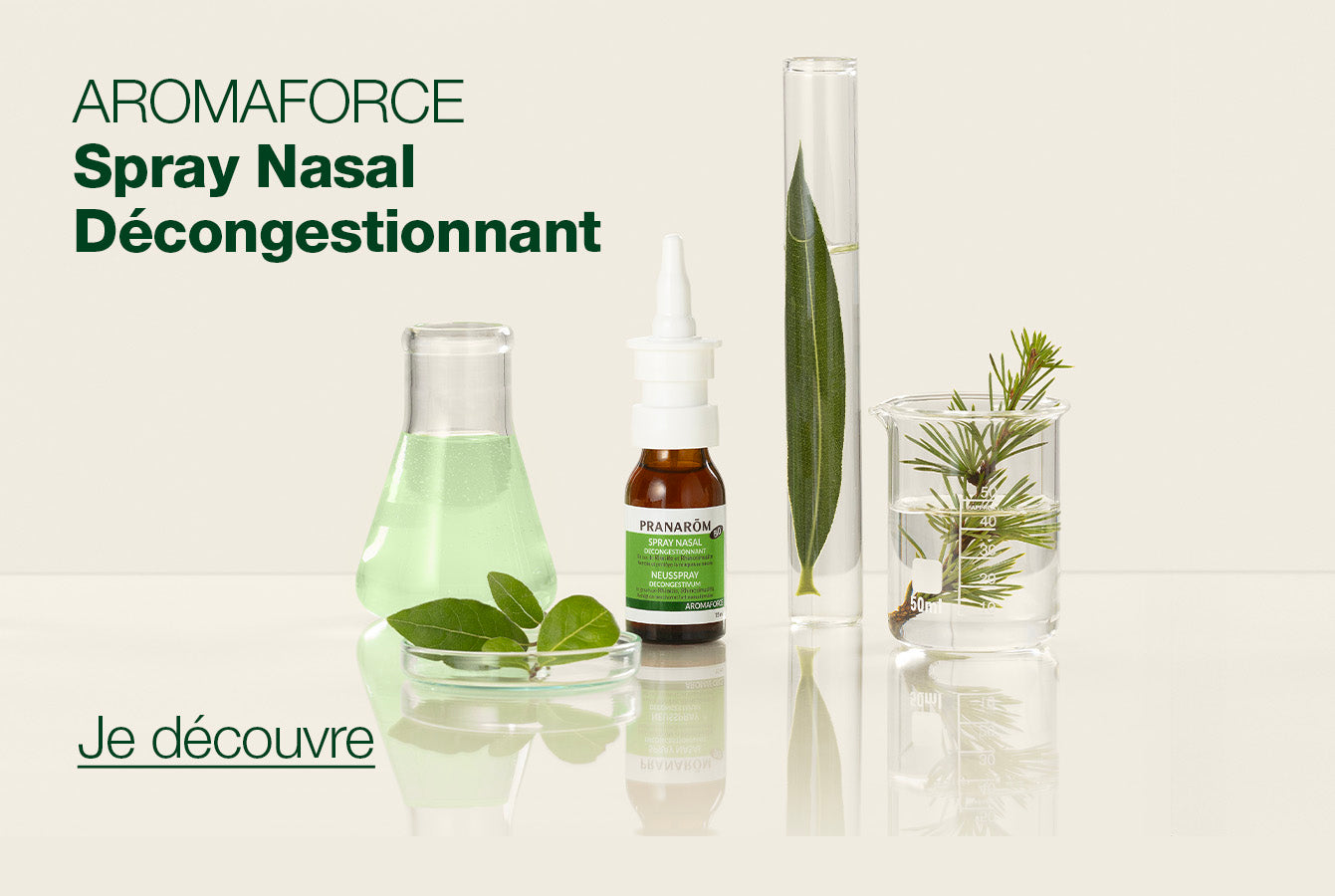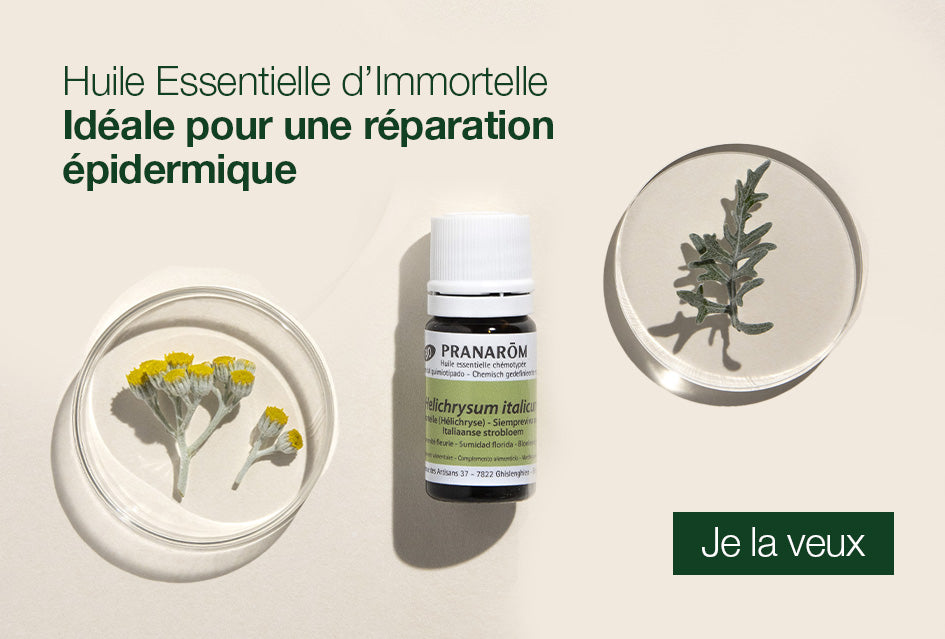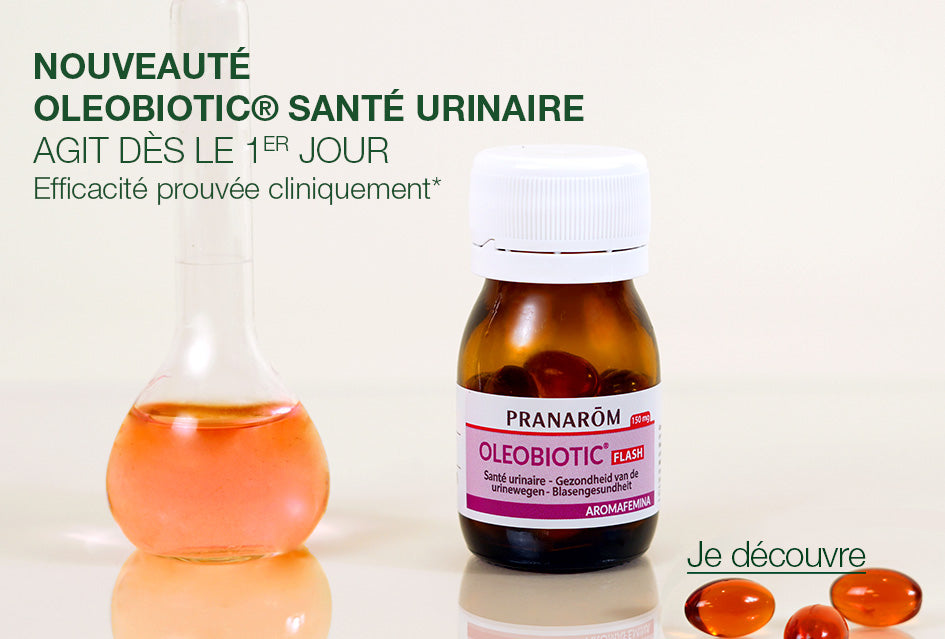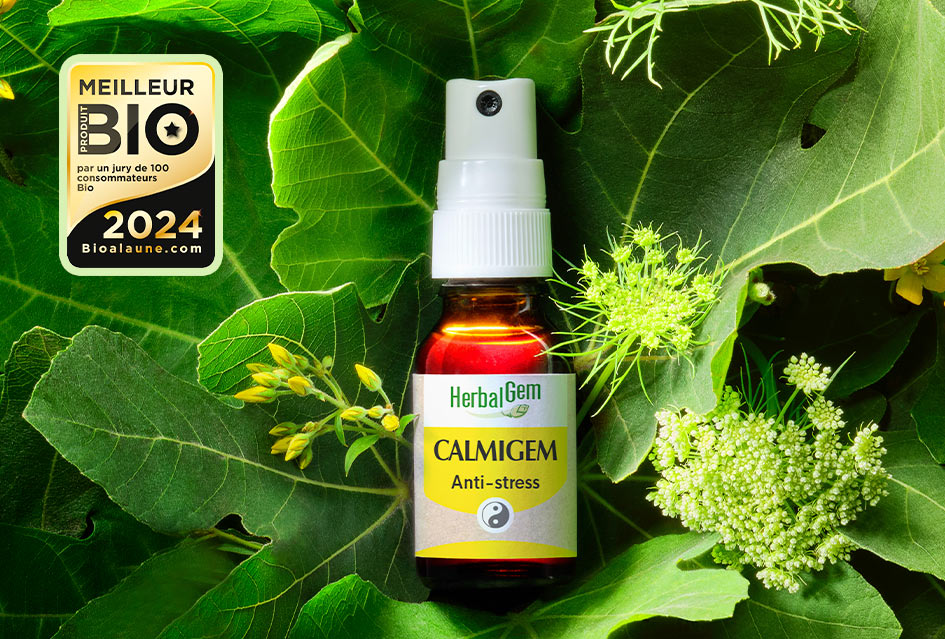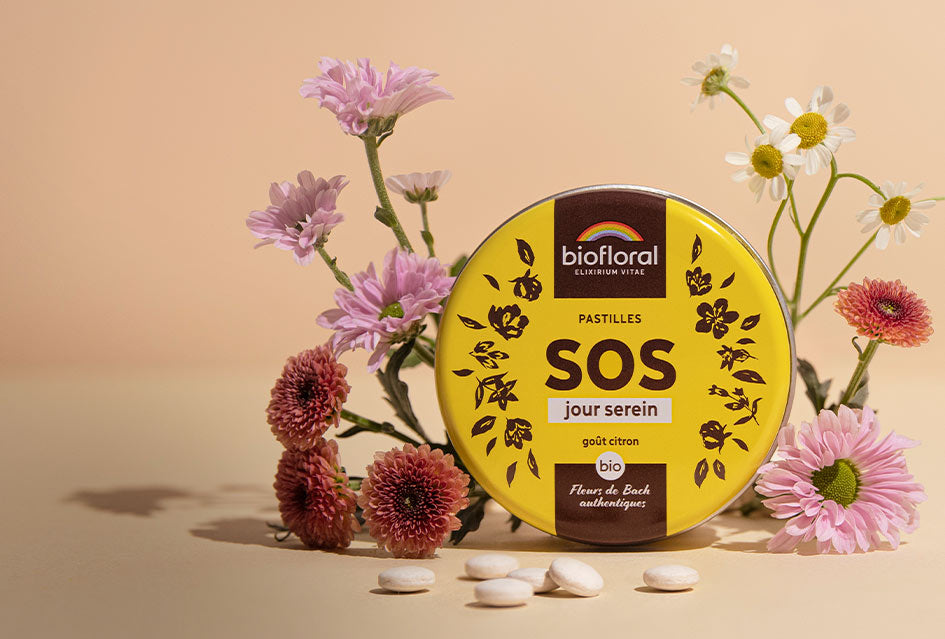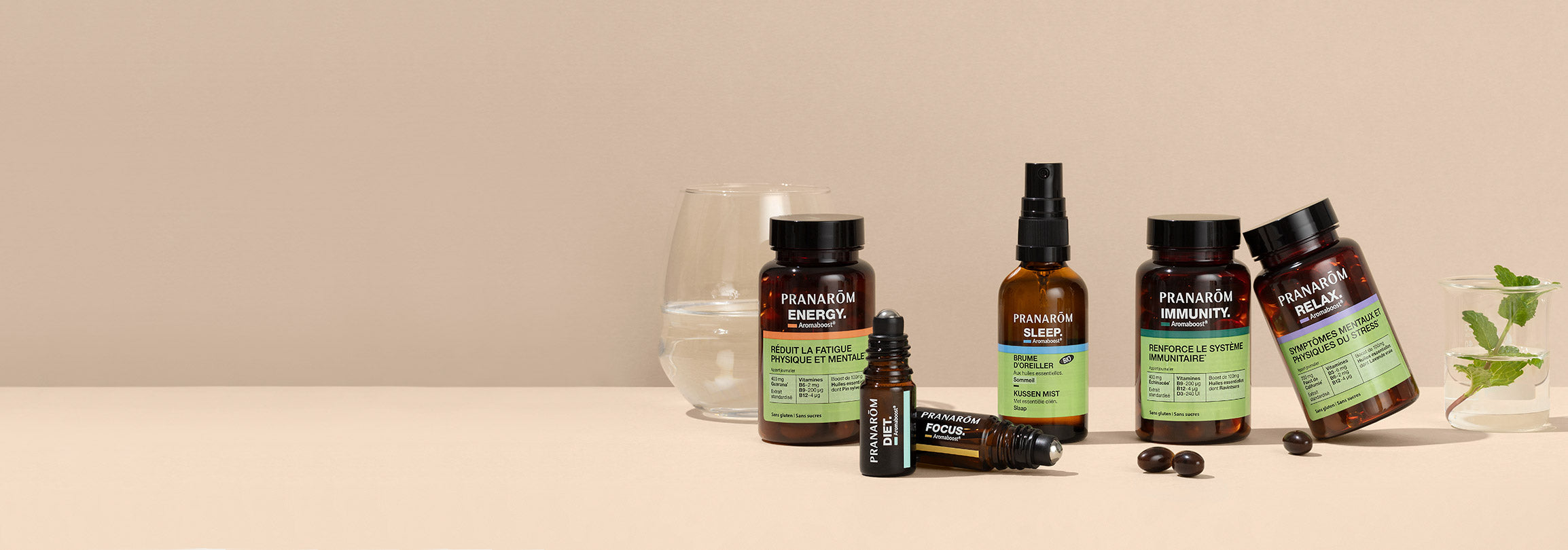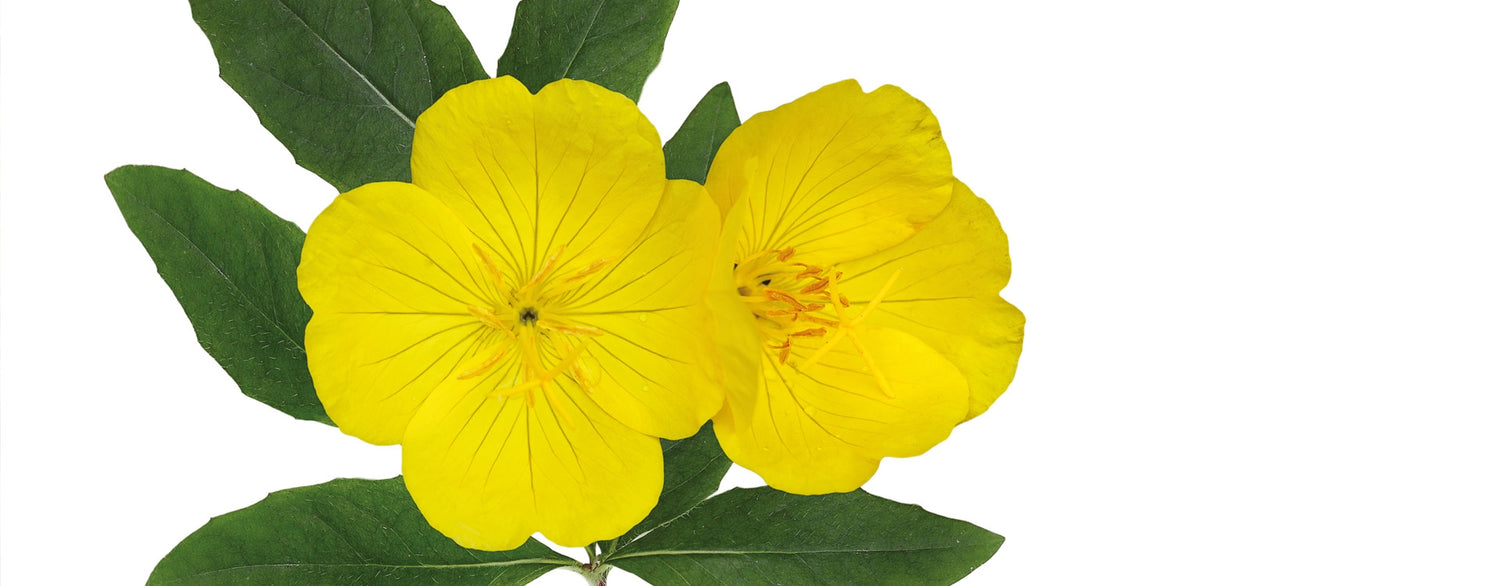In an article published in the very serious journal "Phytotherapy" (Springer Verlag), three scientific authors brought together the results of studies relating to evening primrose, a plant traditionally used in the form of vegetable oil in aromatherapy. It is very interesting to see how evening primrose is a plant with multiple virtues, verified in clinical studies. In its oily form, evening primrose would have a lot to offer to mature skin, menopausal women, diabetics and people wishing to control their cholesterol levels... What is it really?
A traditional plant
Evening primrose (oenothera biennis) is a biennial plant native to North America but cultivated today in Europe, the Middle East and America. In botany, it belongs to the kingdom of vascular seed plants, in the division Magnoliophyta. The evening primrose has the sweet name "Evening Primrose" in English because its pale yellow flowers open only in the evening and for a short time. The flowers and fruits of this plant contain numerous small seeds which contain around 20% vegetable oil rich in complex fatty acids. In the 16th century, Native Americans were already grinding these seeds to rub their bodies with them to soothe irritated skin and "heal the heart"...
A Precious Vegetable Oil
Vegetable oil from evening primrose seeds contains essential fatty acids (which the human body cannot synthesize). It is particularly rich in gamma-linolenic acid, an omega 6 which has a protective effect for skin cells. This particular fatty acid is also found in borage oil. Evening primrose also contains palmitic acid, a little unsaponifiable matter and esters of triterpene acids as well as polyphenols (it is above all reputed to be a good anti-oxidant thanks to these compounds). It is its composition which seems to give evening primrose oil its remarkable properties, notably moisturizing, antioxidant and anti-inflammatory.
Multiple indications
Numerous studies on evening primrose have highlighted its interest in the prevention or treatment of several specific conditions. Without making any shortcuts, it is obvious that taking evening primrose oil orally or through the skin is beneficial in many cases...
- Psoriasis and eczema : evening primrose oil seems to be able to regenerate the suppleness and elasticity of suffering skin while calming inflammation. It can be applied every day to the skin with a gentle massage.
- Menopause, Menstrual disorders and premenstrual syndrome : Taken orally, evening primrose oil seems indicated to regulate the production of estrogens, progesterone and prolactin. The symptoms of difficult or irregular periods seem to be greatly reduced in a majority of cases, even if total effectiveness has not been demonstrated. Many pre-menopausal women also testify to its effectiveness on hot flashes.
- Cholesterol: Evening primrose oil was able to significantly lower LDL cholesterol in hypercholesterolemic patients.
- Diabetic neuropathy: Diabetic neuropathy, atherosclerosis and retinopathy were treated preventively in diabetic rats using evening primrose oil orally. The link with human subjects has not been established but the results are encouraging.
- Vascular prevention: Does evening primrose oil dilate the arteries? In any case, we can note that it reduces platelet aggregation in animals, as well as platelet adhesiveness in insulin-dependent diabetic patients after two months of oral treatment. We obviously think about the prevention of cardiovascular accidents...
After reading all this, we can only rejoice to know that this oil is available to most of us and does not include any contraindications. In the event of a proven pathology, you must nevertheless consult and discuss it with your doctor. Evening primrose will often be a complement and not a treatment.
How to use Evening Primrose?
Evening primrose vegetable oil should be stored away from air, light and heat. It can oxidize quite quickly in fact. This is why it is preferable for the oral route to use capsules.
Evening primrose capsules are an ideal food supplement.
For skin use, you can, for example, massage the face and body of mature skin subject to oxidation with 10 drops of evening primrose oil and 1 drop of petit grain bigarade essential oil for a tonic, moisturizing effect. and plumping. Also very recommended for smokers or diabetics whose skin dries out. Pranarôm offers certified organic evening primrose oil in a 50 ml or 100 ml bottle (on order). For oral use, there are 2 capsules per day to be taken before meals (morning and evening for example). Pranarôm offers a box of 40 evening primrose capsules. They can be taken as a treatment or over a longer period.

